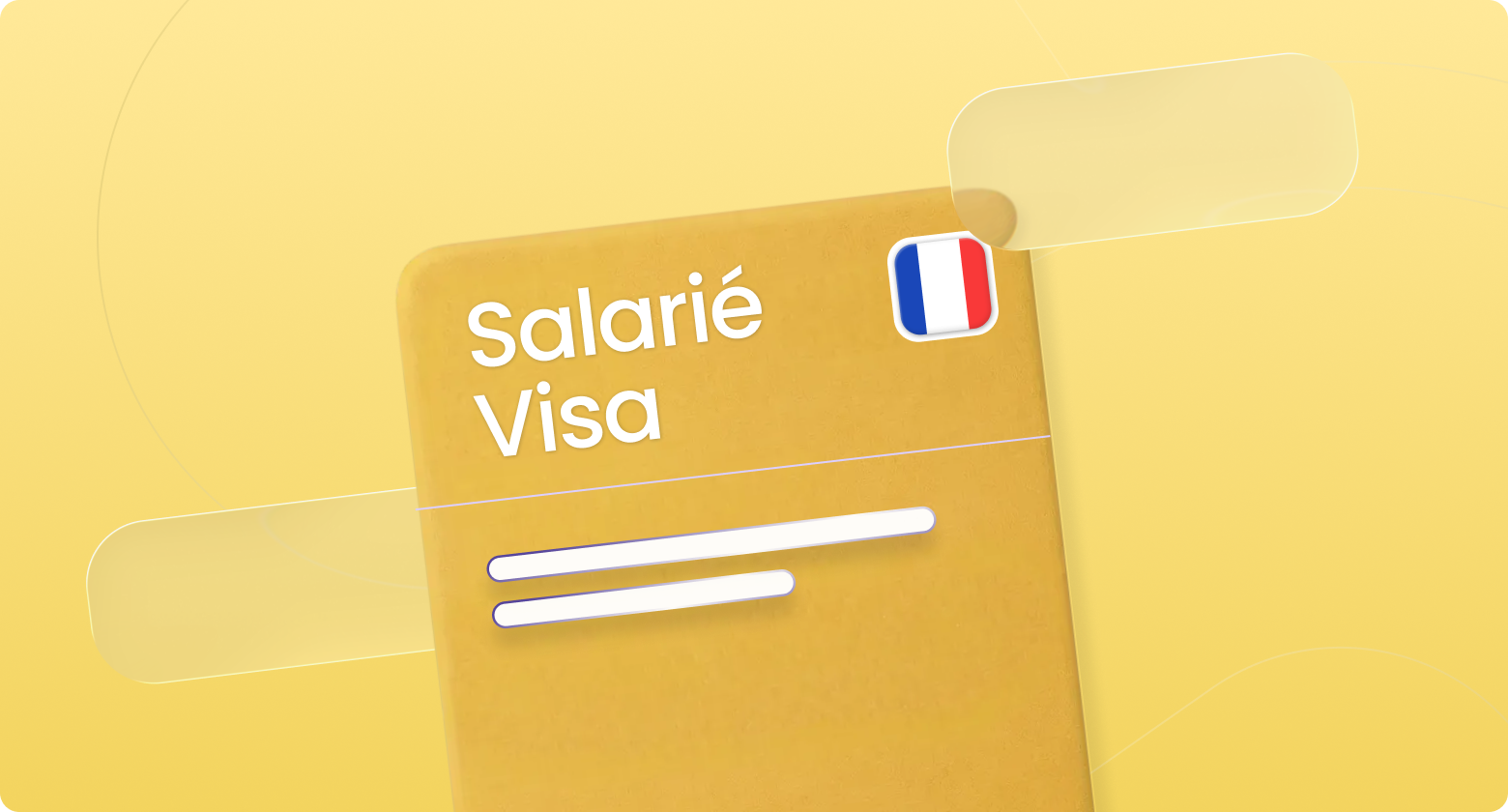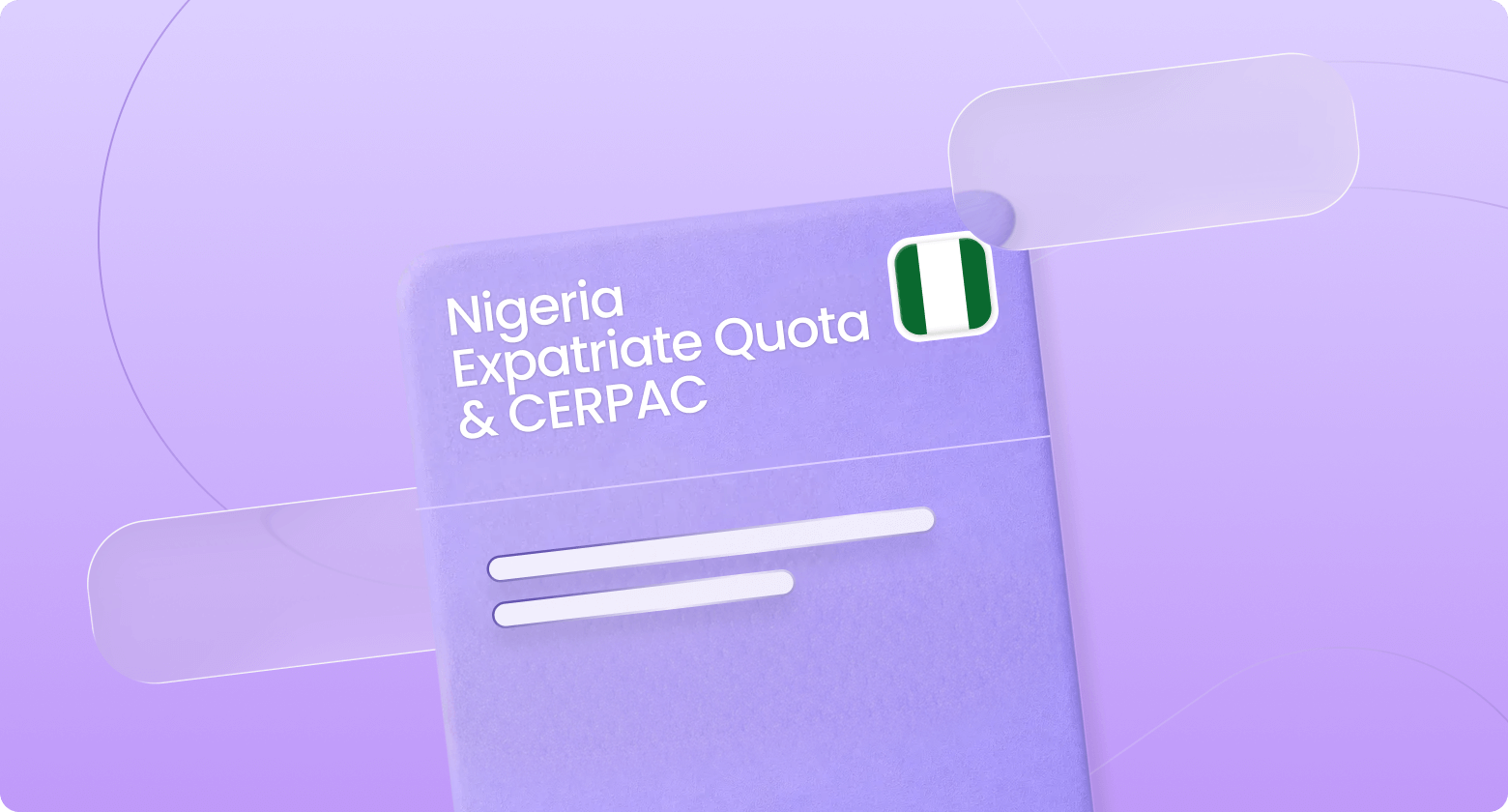Copied to Clipboard
Ready to get Started?


Key Takeaways
A compelling benefit package can give you the edge you need to attract world-class talent. Offering good employee benefits in Norway is especially important, given that Norwegians already enjoy strong labor protections and exceptional quality of life. However, it's tricky to put together a competitive employee benefits package for a global workforce if you’re unfamiliar with local employment regulations.
As an Employer of Record (EOR), Playroll can simplify the process of attracting and employing overseas workers by acting as your legal entity in new jurisdictions.
Our team has in-depth local knowledge of 180+ countries and can offer cutting-edge benefits for your talent, no matter where they are.
In this guide, we’ll help you navigate employment benefits in Norway with confidence.
Who is entitled to benefits in Norway?
The labor laws in Norway differentiates between full-time employees and independent contractors.
Only full-time workers typically receive employee paid benefits, with contractors usually paying for the same privileges out of pocket.
What does an Employee Benefits Package consist of?
Let’s start with the basics – an employee benefits package consists of all the benefits and perks besides an employee’s wages and salary.
Benefits packages can cover everything from life insurance, retirement benefits and paid time off, to perks such as flexible hours and childcare assistance. A country’s statutory benefits dictates the bare minimum to include in a benefits package.
If you want to attract and retain excellent talent, it’s recommended you offer more than just statutory benefits – especially in a highly competitive landscape like Norway, which ranks 7th in the World Happiness Report.
Let’s deep dive into each component of benefits in Norway:
Statutory Benefits in Norway
Retirement and Disability Benefits
Employers pay up to 14% of their employee’s gross pay into a mandatory national social security fund (the National Insurance Scheme), while employee contributions are 7.9%. The fund covers sick pay, unemployment benefits, disability, parental leave, retirement pensions, and occupational injury benefits.
The second source of Norwegians’ pension is called the mandatory occupational pension (OTP). As an employer, you’re required to pay an annual amount corresponding to at least 2% of an employee’s salary towards this fund, or a maximum of 7%.
Maternity and Paternity Leave
Norwegian families enjoy world-class family policies, with comprehensive parental leave (foreldrepengeperioden). Norway has maternal and paternal leave quotas, which fall under the broader policy of parental leave.
Here’s how it works: Parents are entitled up to 59 weeks of paid parental leave in connection with the birth and after the birth. Parental money may either be taken for 49 weeks at 100% of earnings or for 59 weeks at 80% of earnings.
- The maternal quota (mødrekvoten) grants three weeks of leave before birth and either 15 weeks or 19 weeks’ leave following birth, at 100% or 80% coverage respectively. For health reasons, it is mandatory for mothers to take at least 6 weeks of leave following birth.
- Fathers receive the paternal quota (fedrekvoten) of parental leave, which offers the same amount of post-birth leave as mothers (15 or 19 weeks). There is no separate paid paternity leave, though fathers get 2 weeks of unpaid “daddy-days” (omsorgspermisjonen) after the birth of their child.
- After the maternal and paternal quotas have passed, parents have a shared period of paid parental leave which can last either 16 weeks or for 18 weeks.
To qualify for the maternal and paternal quota, either parent must have been employed for 6 of the last 10 months before the expected birth. In addition, they need to have earned at least half the national insurance scheme basic amount the previous year.
Each parent in Norway is also entitled to one year of unpaid parental leave for each childbirth, to be taken immediately after the child's first year.
Annual Leave
The Annual Holidays Act in Norway mandates that employees receive 25 days of paid leave each year – since the act considers Saturday a work day, in practice employees get 4 weeks’ plus 1 day mandated holiday. By law, employees also get an extra week’s leave after turning 60. It’s standard for employers to offer 25 days of paid leave to employees.
The holiday pay amounts to at least 10.2 percent of an employee’s yearly salary.
Sick Leave
In Norway, sickness benefits are covered by the employer for the first 16 calendar days. After 16 days, coverage is provided by the National Insurance Scheme under the Social Security sickness benefit for a period of up to a year.
Fringe Benefits and Perks in Norway
Given Norway’s strong foundation of employee rights and its comprehensive statutory benefits, you’ll need to go the extra mile to land great talent. Here’s some fringe benefits and perks to consider:
Health Benefit: Since Norwegians enjoy universal healthcare, this doesn’t fall under statutory benefits. Companies can offer employees private health insurance, though it is uncommon. This can cover costs like dental care or consultations with specialists. However, there are tax implications for employees if they use private health insurance.
Remote work or Flexitime: Offering remote opportunities can help you stand out as an employer – it’s estimated that between 35-45% of jobs in Norway can be done at home. Offering flexible working hours is another popular perk that can improve employees’ work-life balance.
Mobile Phone Allowance: Typically, this would cover the cost of a work phone, or takes the form of a monthly allowance for these expenses.
Travel Allowance: Commuting can get expensive – a travel allowance covers your employee’s expenses in getting to work.
Gym Memberships: To help give your team’s health a boost, consider perks such as discounts for gym memberships, wellness programs, or even on-site gyms.
Mental health support: Perks to promote mental health and well-being could include free counseling sessions, meditation spaces or stress management courses.
Employee Benefits Management With Playroll
Providing a competitive benefits package in Norway can be a difficult balancing act to get right. An Employer of Record like Playroll removes that complexity. Our team of experts know the local labor laws and unique benefits of 180+ countries, including Norway. We'll put together a world-class benefits package for your team, so you can focus on building your business.
Contact our team to learn more about managing employee benefits, payroll and setting up compliant contracts for your global workforce in one centralized platform with Playroll.
FAQs
What are fringe benefits?
Fringe benefits, also known as perks, are extra benefits that employers aren’t legally mandated to provide. Examples include extra days off, travel allowances, remote work and more.
What is an Employer of Record?
An Employer of Record is a third-party entity that takes over responsibilities associated with being an employer on the behalf of a company. This includes payroll management, benefits administration and HR management.
.svg)
.svg)
.svg)

.svg)
.svg)




.png)

.svg)















.svg)